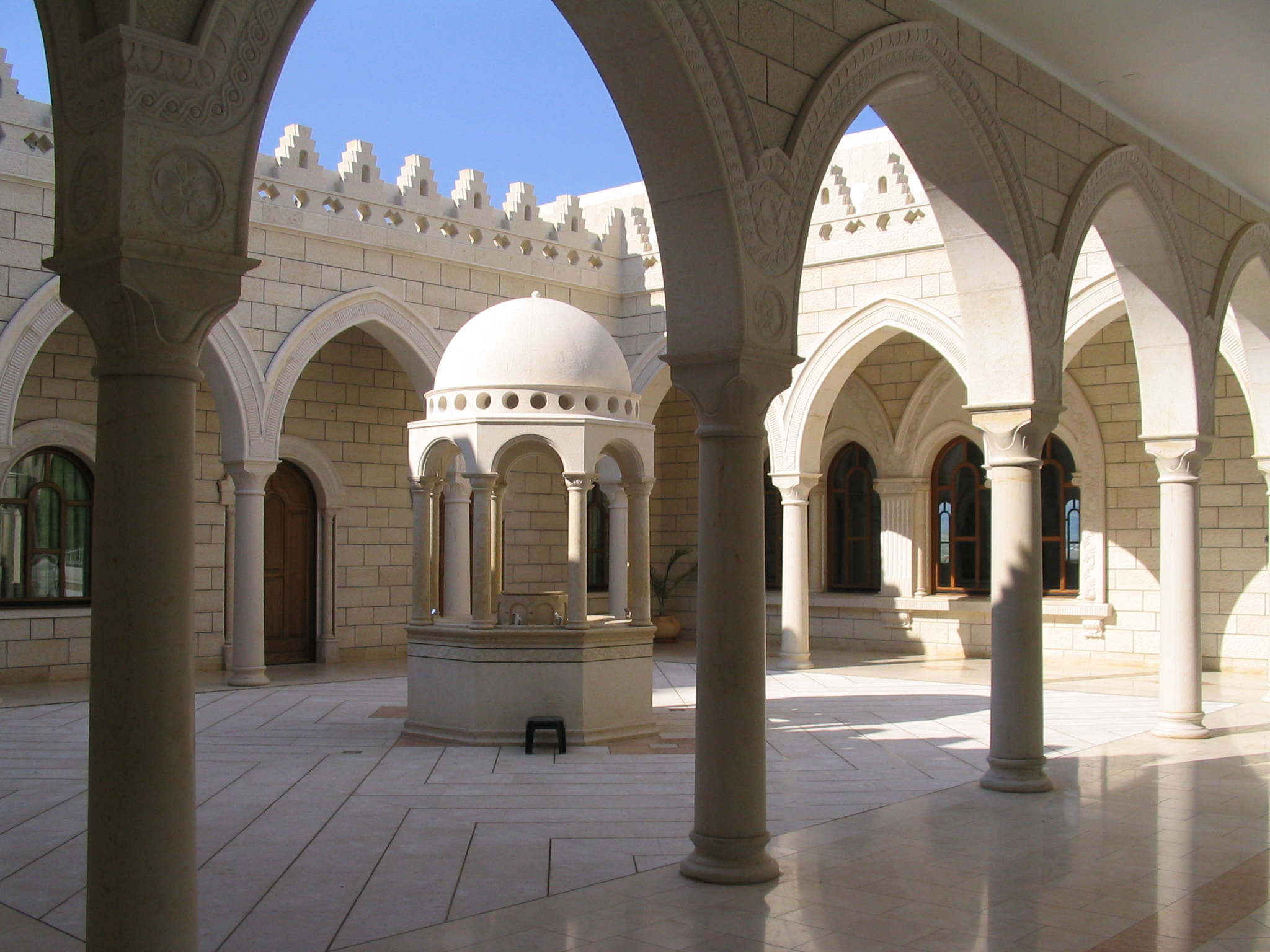
Historians trace Druze origins to 11th century Fatimid Cairo where they began as an Islamic reform movement. The establishment of this reform movement and doctrine revolves primarily around several individuals, two of whom are Hakim and Hamza. A third individual, named Darazi, is thought to be responsible for undermining the doctrine and ironically lending his name to the sect itself. Hakim was the 6th Fatimid Caliph who became the head of the Islamic Fatimid state in 996 at the age of eleven. Among the reforms he introduced were resolutions to (1) abolish slavery, (2) prohibit polygamy, and (3) implement a form of civil ruling.
It was a result of the intellectual integration with various philosophical and theosophical schools that had emerged in Islam. The message of Islam was being allegorically interpreted according to the need of time, and was given an allegorical connotation to serve as a mean for move through understanding of Islam.
The allegorical interpretation law paved the way to the true understanding of the Devine message, newly the knowledge of the unity of God (Tawhid).
Most Muwahideen believe in exoteric or literal meanings of their scriptures while some speak of esoteric or inner meanings. The mystical tradition in Islam, Judaism, and Christianity also attempts esoteric reading or interpretation of the scriptures. Druzes believe that both the Bible and the Qur’an have esoteric meanings in addition to the exoteric or literal ones. Moreover, Druzes also believe that above these two levels of meaning there is “the esoteric of the esoteric.” In Druze faith, there are prophets, helpers, and luminaries. Each fulfills a different function in achieving complete spirituality.
Muwahideen is the proper name for the follower of this faith, but ironically, it was not a leader of the faith but a heretic-Nashtakin-Ad-Darazi, whose name became eponymous for the movement.
The Muwahideen believe that God is not only the Creator of the Universe or is above this existence, but that God is Existence itself. For it God were only beyond and only higher than this universe, then he would be limited by the universe, since the universe would be outside him.
This would lead to a notion of plurality; God and the universe. How God can be one and only when there is something outside him? How then can he be eternal when he is within time and place? And how can be unlimited when he is limited? God is not therefore only beyond the universe or higher than it; God is the only existence; nothing outside him exists. He is the whole. He is unlimited. From his light originated all things, whether absolute or partial, and all things go back to his Devine greatness and dominion. He is the whole of existence, in as much as he is the one, not in so far as he is the sum total of existing things. Existing things are expressions of God’s unity. This is in brief the belief in God.



